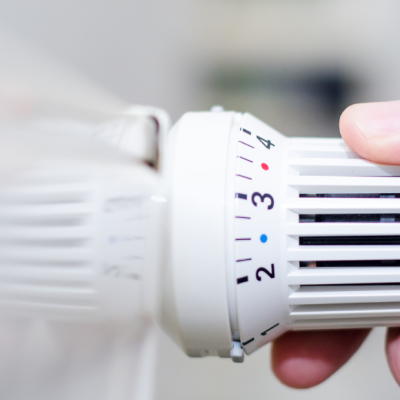It may be hard to believe, but the wealth of German households is currently growing at a rate of around €7,788 per second! This brings the total money assets of German households to €6.3 trillion. While a recent study by the German Institute for Economic Research revealed that more and more people in Germany are affected by poverty, a look at the real-time wealth clock shows that the wealth of German households is still growing steadily – currently at a rate of €7,788 per second. If we extrapolate this growth, the value increases by approximately €20.2 billion per month. Furthermore, German households currently possess a total money asset of €6.3 trillion (€6,300,000,000,000)! These figures were calculated based on the quarterly figures of the German Federal Bank. Looking at the time between the third and fourth quarter of 2019, life and pension insurances in particular saw a stable increase. This alone resulted in an increase in wealth of Germans by €2,571 per second. However, stocks also help to further increase the wealth of Germans. With €636 per second, stocks are not far behind investment funds, which increase the wealth of German households by €1,184 per second.
Despite this growth, there are three positions that are responsible for a slight decrease in wealth during the same period: investments in money market funds reduced the wealth of Germans by €13 per second, fixed-income securities are responsible for the largest loss with a decrease of €360 per second, and other claims are responsible for a decrease of €41 per second. The German Federal Bank recently announced the asset value of €6.3 trillion. This includes the money assets of private German households in the third quarter of 2019. This is an increase of around €67 billion compared to the previous quarter.
While the wealth of German households continues to grow, it is important to note that this growth is not evenly distributed. The study by the German Institute for Economic Research revealed that the poverty rate in Germany has been steadily increasing, with one in five people affected by poverty. It is crucial to address this issue and ensure that the wealth of German households is distributed more fairly.










